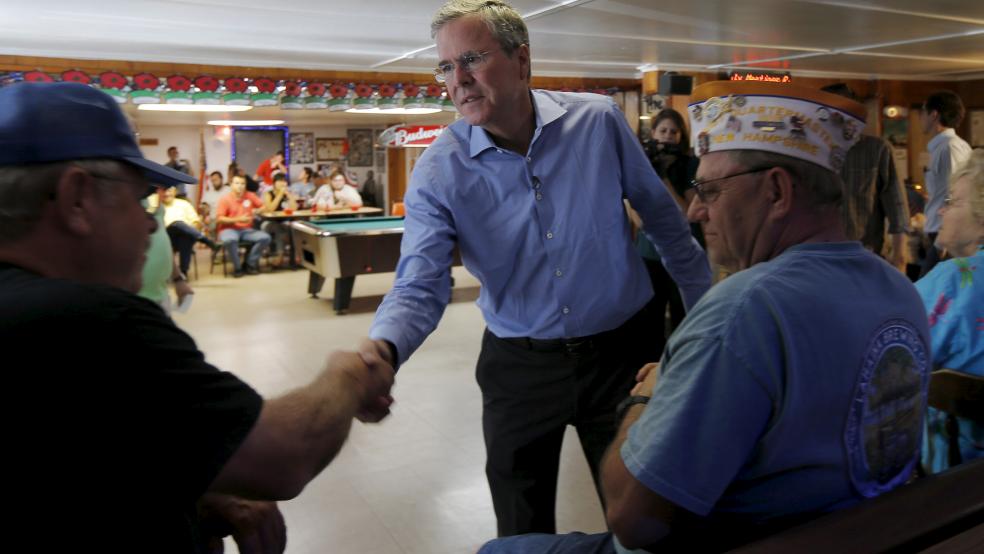If there’s one thing most of the presidential candidates have in common, regardless of their political party, it’s that they’re rich. Of course, that’s a relative term — Bernie Sanders recently reported owning between $194,000 and $741,000 in assets, all in his wife’s name, while Hillary Clinton and her husband have made at least $30 million since the beginning of 2014. With the possible exceptions of Scott Walker and Marco Rubio, who may have negative net worth, the rest of the candidates have a net worth far in excess of the average American’s.
Despite their collective ability to amass (or at least to not lose) substantial amounts of money, not every presidential candidate has a stellar record when it comes to decisions about their own personal finances.
Slideshow: 10 Money Do’s and Don’ts from the Presidential Candidates
The question for voters is just how much a candidate’s personal financial track record should factor into your Election Day decision: If you like a candidate’s policy positions, does it matter if he or she has racked up lots of personal debt? On the other hand, does a candidate’s financial success say anything at all about whether they’d also succeed in the White House?
A HuffPost/YouGov poll last month found that two-thirds of voters don’t care whether a candidate is wealthy and more than half don’t care whether he or she has struggled with debt. After all, the average household had a credit card balance of $7,277 in the first quarter of 2015, and graduates of the class of 2015 were the most indebted in history, with an average loan balance of more than $35,000.
Marco Rubio may have benefited from the New York Times piece last month that dissected the senator’s personal finances, including his struggles with student debt, mortgages and other loans totaling hundreds of thousands of dollars. As Rubio implied in the recent Republican debate, his financial history may allow him to better understand the challenges other Americans face in a rapidly changing economy.
“If I’m our nominee, how is Hillary Clinton going to lecture me about living paycheck to paycheck? I was raised paycheck to paycheck,” Rubio said. “How is she going to lecture me about student loans? I owed over a hundred thousand dollars just four years ago.”
However you factor that kind of history into your voting decision, a look at the personal finances and career moves of the 2016 candidates offers some important lessons on both moves to avoid and those to emulate.
Click Here for 10 Money Do’s and Don’ts from the Presidential Candidates





